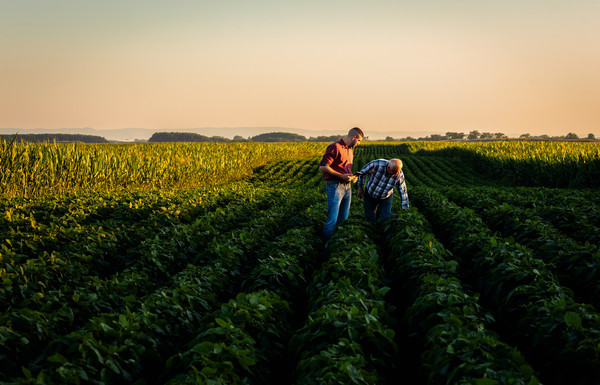Enhancing Resilience in Food Systems: Key Discussions and Future Directions from the IBC-SFS Retreat – World Meteorological Organization WMO
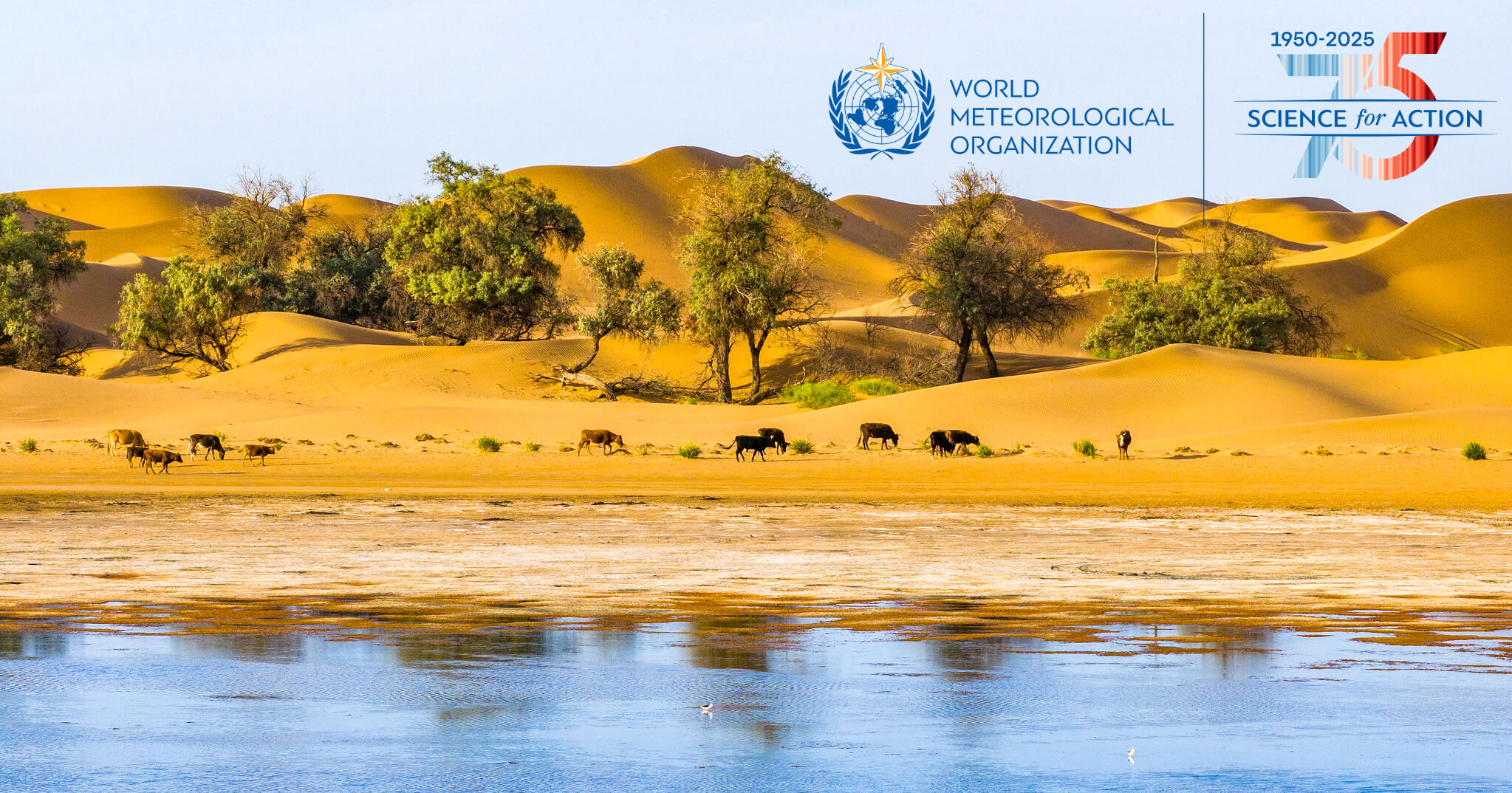
Report on the Regional UN Issue-Based Coalition on Sustainable Food Systems (IBC-SFS) Retreat
1.0 Introduction and Strategic Context
The Regional UN Issue-Based Coalition on Sustainable Food Systems (IBC-SFS) for Europe and Central Asia convened its first in-person retreat in Copenhagen on November 20, 2024. The meeting aimed to fortify inter-agency collaboration to accelerate progress towards the Sustainable Development Goals (SDGs), with a primary focus on SDG 2 (Zero Hunger). The retreat served as a platform to review the coalition’s strategic positioning and enhance its support for UN Resident Coordinators (UNRCs) and UN Country Teams (UNCTs) in their efforts to implement the 2030 Agenda.
Participants represented a broad spectrum of UN agencies, reflecting the multi-faceted nature of sustainable food systems and the importance of SDG 17 (Partnerships for the Goals). Attending organizations included:
- World Health Organization (WHO)
- Food and Agriculture Organization (FAO)
- United Nations Children’s Fund (UNICEF)
- United Nations Economic Commission for Europe (UNECE)
- United Nations Development Programme (UNDP)
- International Fund for Agricultural Development (IFAD)
- World Meteorological Organization (WMO)
- United Nations Office for Project Services (UNOPS)
- Regional Development and Coordination Office (R-DCO)
2.0 Key Discussions and Alignment with Sustainable Development Goals
Discussions centered on enhancing the coalition’s effectiveness in achieving food security and sustainable agriculture. Key themes included aligning the IBC-SFS with regional and global mechanisms, improving knowledge exchange, and building capacity to support national food system transformations. These efforts directly contribute to achieving SDG 2 by promoting resilient agricultural practices and ensuring access to safe, nutritious food.
3.0 WMO Contributions to Climate Action and Resilient Food Systems
Representing the WMO, Mrs. Natalia Berghi underscored the critical threats that climate change and extreme weather events pose to food systems, directly impacting the achievement of SDG 13 (Climate Action). She detailed WMO’s strategic solutions aimed at mitigating these risks.
- Enhanced Climate Services: Providing actionable climate information to strengthen the resilience of food production systems against climate-related hazards, a key target of SDG 13.
- Early Warning for All (EW4All) Initiative: This initiative is crucial for protecting vulnerable communities from climate shocks, thereby supporting SDG 1 (No Poverty) and SDG 11 (Sustainable Cities and Communities) by ensuring timely and accurate climate information reaches those most at risk.
Mrs. Berghi emphasized that a holistic approach, integrating data and fostering cross-sectoral coordination, is essential for building food systems capable of withstanding climate volatility and contributing to long-term food security under SDG 2.
4.0 Innovation and Digital Transformation for SDG Achievement
A significant point of discussion was the transformative potential of Artificial Intelligence (AI) in addressing food system challenges. This aligns with SDG 9 (Industry, Innovation, and Infrastructure), which encourages the adoption of new technologies for sustainable development. Mrs. Berghi highlighted how AI-driven solutions can improve resilience and efficiency. Further exploration of this topic will be undertaken by the Digital Transformation Group of the Regional UN Collaborative Platform, with plans for a potential webinar to showcase AI’s contribution to sustainable food system transformation in line with SDG 2.
5.0 Outcomes and Priorities for the 2025 Work Plan
The retreat successfully refined the IBC-SFS’s strategic direction and established clear priorities for its 2025 work plan. Dr. Kornelia Radics of WMO commended the participants for their contributions and reiterated WMO’s commitment to supporting climate-resilient food systems through its expertise. The proposed priorities for the 2025 work plan, which will be finalized in January, are designed to deliver collective impact on the SDGs.
- Food Systems Mapping: To better understand regional challenges and opportunities for achieving SDG 2.
- Technical Webinars: To facilitate knowledge exchange and capacity-building on sustainable practices, supporting SDG 17.
- AI-Driven Solutions: To pilot and scale innovative technologies that enhance food system resilience and sustainability, advancing SDG 9.
The momentum from the retreat will be leveraged to drive greater collective action towards achieving integrated and sustainable food systems across Europe and Central Asia.
Analysis of Sustainable Development Goals in the Article
1. Which SDGs are addressed or connected to the issues highlighted in the article?
-
SDG 2: Zero Hunger
The article’s central theme is the “Regional UN Issue-Based Coalition on Sustainable Food Systems (IBC-SFS)”. This directly connects to SDG 2, which aims to end hunger, achieve food security and improved nutrition, and promote sustainable agriculture. The coalition’s entire purpose, including discussions on “food systems mapping” and strengthening “food system resilience,” is aligned with achieving this goal.
-
SDG 13: Climate Action
The article explicitly states that a significant challenge to food systems is “linked to climate change and extreme weather events.” The proposed solutions, such as “enhancing early warning systems and climate services” and the “Early Warning for All (EW4All) initiative,” are direct actions to combat climate change and its impacts, which is the core objective of SDG 13.
-
SDG 17: Partnerships for the Goals
The article describes a meeting of a multi-agency coalition, including WHO, FAO, UNICEF, WMO, and others. The text emphasizes “strengthening collaboration,” “interagency collaboration,” “regional collaboration,” and “cross-sectoral coordination.” This focus on building and strengthening partnerships to achieve common goals is the essence of SDG 17.
2. What specific targets under those SDGs can be identified based on the article’s content?
-
Target 2.4: By 2030, ensure sustainable food production systems and implement resilient agricultural practices that increase productivity and production, that help maintain ecosystems, that strengthen capacity for adaptation to climate change, extreme weather, drought, flooding and other disasters and that progressively improve land and soil quality.
The article’s focus on strengthening “food system resilience” in the face of “climate change and extreme weather events” directly relates to this target. The discussion of using “AI-driven solutions to address food system challenges and improve resilience” is a modern approach to implementing resilient practices.
-
Target 13.1: Strengthen resilience and adaptive capacity to climate-related hazards and natural disasters in all countries.
This target is addressed through the WMO’s emphasis on “enhancing early warning systems and climate services to strengthen food system resilience.” The goal is to help communities adapt to the climate-related hazards that threaten their food security.
-
Target 13.3: Improve education, awareness-raising and human and institutional capacity on climate change mitigation, adaptation, impact reduction and early warning.
The “Early Warning for All (EW4All) initiative” is specifically mentioned, which aims to ensure “vulnerable communities have access to timely, accurate climate information.” This is a direct effort to improve institutional capacity and awareness for early warning, aligning perfectly with this target.
-
Target 17.16: Enhance the Global Partnership for Sustainable Development, complemented by multi-stakeholder partnerships that mobilize and share knowledge, expertise, technology and financial resources, to support the achievement of the sustainable development goals in all countries, in particular developing countries.
The entire article is about the functioning of the “Regional UN Issue-Based Coalition on Sustainable Food Systems (IBC-SFS)”. This coalition, which involves numerous UN agencies, is a prime example of a multi-stakeholder partnership designed to share knowledge (“knowledge exchange,” “technical webinars”) and expertise to achieve the SDGs.
3. Are there any indicators mentioned or implied in the article that can be used to measure progress towards the identified targets?
- Implied Indicator for Target 2.4: The article mentions plans for “food systems mapping” and the use of “AI-driven solutions.” The development and implementation of these tools can serve as qualitative indicators of progress towards building more resilient and sustainable food production systems.
- Implied Indicator for Target 13.1 & 13.3: The article highlights the “Early Warning for All (EW4All) initiative.” Progress can be measured by the number of communities or countries where this initiative is successfully implemented, and the percentage of the vulnerable population covered by these early warning systems. The provision of “timely, accurate climate information” is a key performance indicator.
- Direct Indicator for Target 17.16: The existence and activities of the IBC-SFS itself serve as an indicator. The article mentions concrete outputs that can be tracked, such as the finalization and execution of the “2025 work plan,” the organization of “technical webinars,” and the collaborative exploration of AI’s role through the “Digital Transformation Group.” These activities are measurable indicators of a functioning partnership.
4. Summary Table of SDGs, Targets, and Indicators
| SDGs | Targets | Indicators (Mentioned or Implied in the Article) |
|---|---|---|
| SDG 2: Zero Hunger | 2.4: Ensure sustainable food production systems and implement resilient agricultural practices. | Implementation of “food systems mapping” and “AI-driven solutions” to improve food system resilience. |
| SDG 13: Climate Action | 13.1: Strengthen resilience and adaptive capacity to climate-related hazards. 13.3: Improve education, awareness-raising and institutional capacity on early warning. |
Implementation and coverage of the “Early Warning for All (EW4All) initiative” ensuring vulnerable communities have access to climate information. |
| SDG 17: Partnerships for the Goals | 17.16: Enhance the Global Partnership for Sustainable Development through multi-stakeholder partnerships. | The functioning of the Regional UN Issue-Based Coalition on Sustainable Food Systems (IBC-SFS) and the development and execution of its joint “2025 work plan.” |
Source: wmo.int
What is Your Reaction?
 Like
0
Like
0
 Dislike
0
Dislike
0
 Love
0
Love
0
 Funny
0
Funny
0
 Angry
0
Angry
0
 Sad
0
Sad
0
 Wow
0
Wow
0

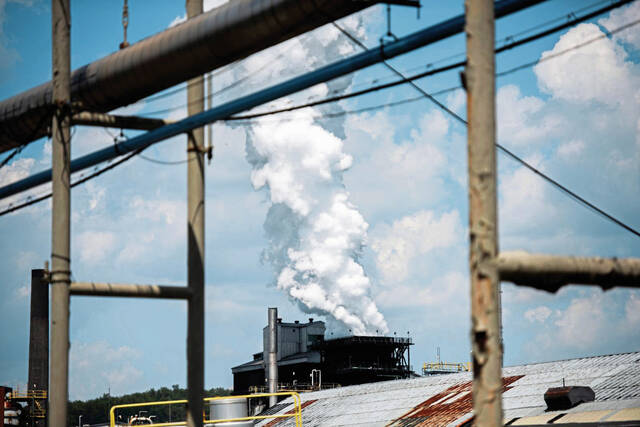













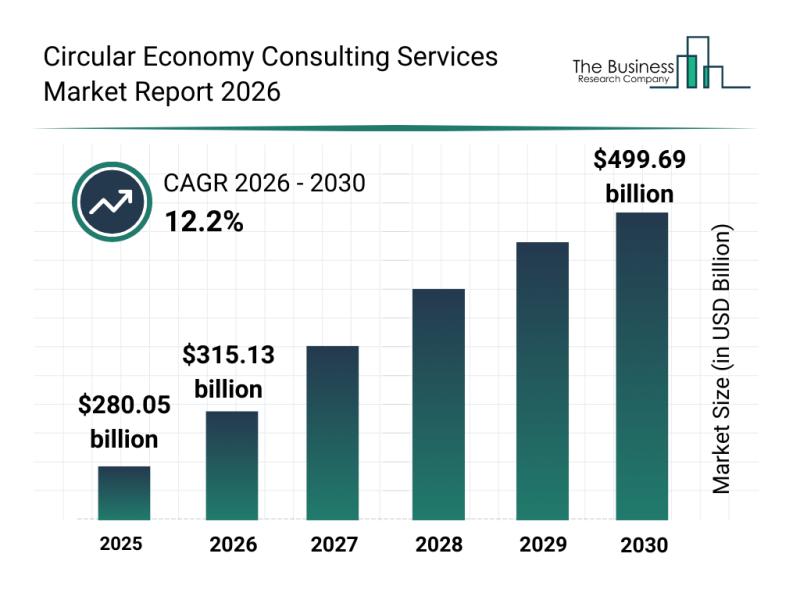








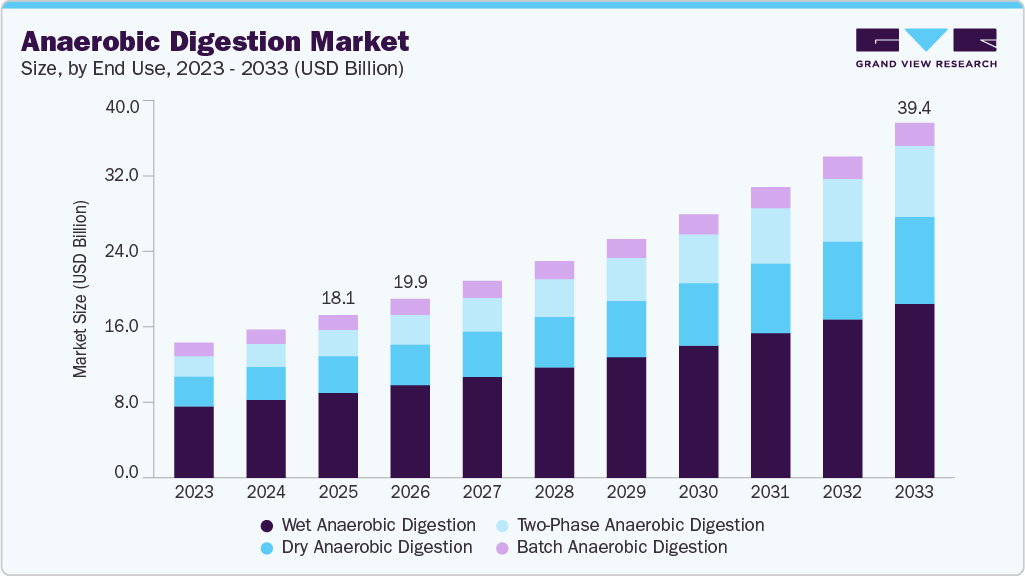






















;Resize=620#)
